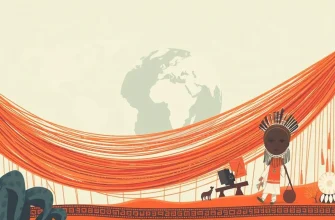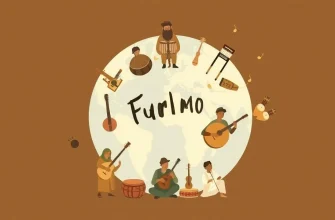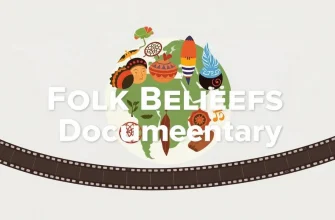Delving into the lives of national minorities offers a profound insight into the diverse fabric of our global society. These documentaries not only celebrate the unique cultural identities of various groups but also shed light on their struggles, resilience, and contributions to the world. This curated list of films provides an educational and emotional journey, highlighting the importance of understanding and appreciating the mosaic of human existence.

The Singing Revolution (2006)
Description: This film documents Estonia's non-violent struggle for independence through the power of song, highlighting the role of national minorities in the cultural resistance.
Fact: It was screened in the U.S. Congress and has been used as an educational tool in schools to teach about peaceful resistance.
 Watch Now
Watch Now 
The Act of Killing (2012)
Description: This film explores the aftermath of the Indonesian mass killings of 1965-66 through the eyes of the perpetrators, offering a chilling insight into the lives of national minorities who were targeted during this dark period.
Fact: The film was nominated for an Academy Award for Best Documentary Feature. It uses a unique approach where the killers reenact their crimes in various cinematic genres.
 Watch Now
Watch Now 
The Look of Silence (2014)
Description: A companion piece to "The Act of Killing," this documentary focuses on the family of a victim, exploring the silence and denial surrounding the genocide in Indonesia, highlighting the plight of national minorities.
Fact: It was also nominated for an Academy Award for Best Documentary Feature. The film was banned in Indonesia due to its sensitive subject matter.
 Watch Now
Watch Now 
The Last Days (1998)
Description: Focused on the Holocaust, this documentary follows five Hungarian Jews who survived the Nazi concentration camps, showcasing the resilience of a persecuted national minority.
Fact: It won the Academy Award for Best Documentary Feature in
 30 Days Free
30 Days Free 
The Linguists (2008)
Description: Two linguists travel the world to document endangered languages, many spoken by national minorities, emphasizing the importance of preserving cultural heritage.
Fact: The film was nominated for an Emmy Award for Outstanding Science and Technology Programming.
 30 Days Free
30 Days Free 
The Other Dream Team (2012)
Description: This documentary tells the story of the Lithuanian basketball team's journey to the 1992 Barcelona Olympics, reflecting on the country's struggle for independence and the role of national minorities in this movement.
Fact: The film features interviews with basketball legends like Arvydas Sabonis and includes archival footage from the Soviet era.
 30 Days Free
30 Days Free 
The Uprising (2013)
Description: Focusing on the 1956 Hungarian Revolution, this film captures the spirit of resistance among national minorities against Soviet oppression, showcasing their fight for freedom.
Fact: The documentary includes rare footage from the uprising and interviews with survivors.
 30 Days Free
30 Days Free 
The Trials of Spring (2015)
Description: This film follows the lives of five Egyptian women during and after the Arab Spring, highlighting the role of women as a national minority in the quest for democracy.
Fact: It was screened at numerous international film festivals and won several awards for its portrayal of women's rights.
 30 Days Free
30 Days Free 
The Armenian Genocide (2006)
Description: This documentary provides a comprehensive look at the Armenian Genocide, one of the first genocides of the 20th century, focusing on the Armenian national minority's tragic history.
Fact: It features interviews with historians, survivors, and their descendants, offering a personal perspective on the events.
 30 Days Free
30 Days Free 
The Forgotten Refugees (2005)
Description: This film sheds light on the plight of Jewish refugees from Arab countries, a lesser-known aspect of the Israeli-Palestinian conflict, highlighting the experiences of a national minority.
Fact: It was produced by the David Project, an organization dedicated to educating about the Middle East.
 30 Days Free
30 Days Free 








